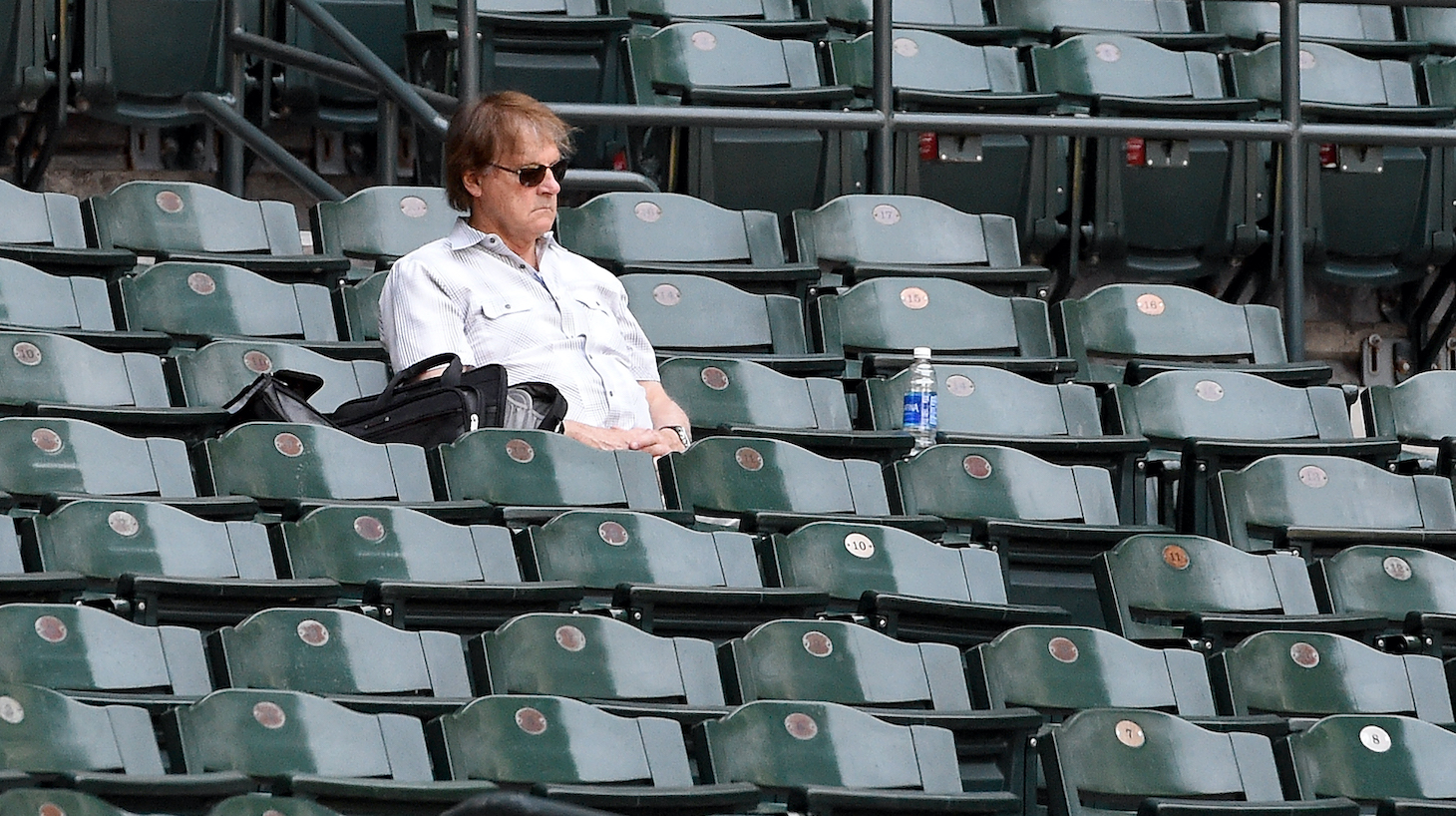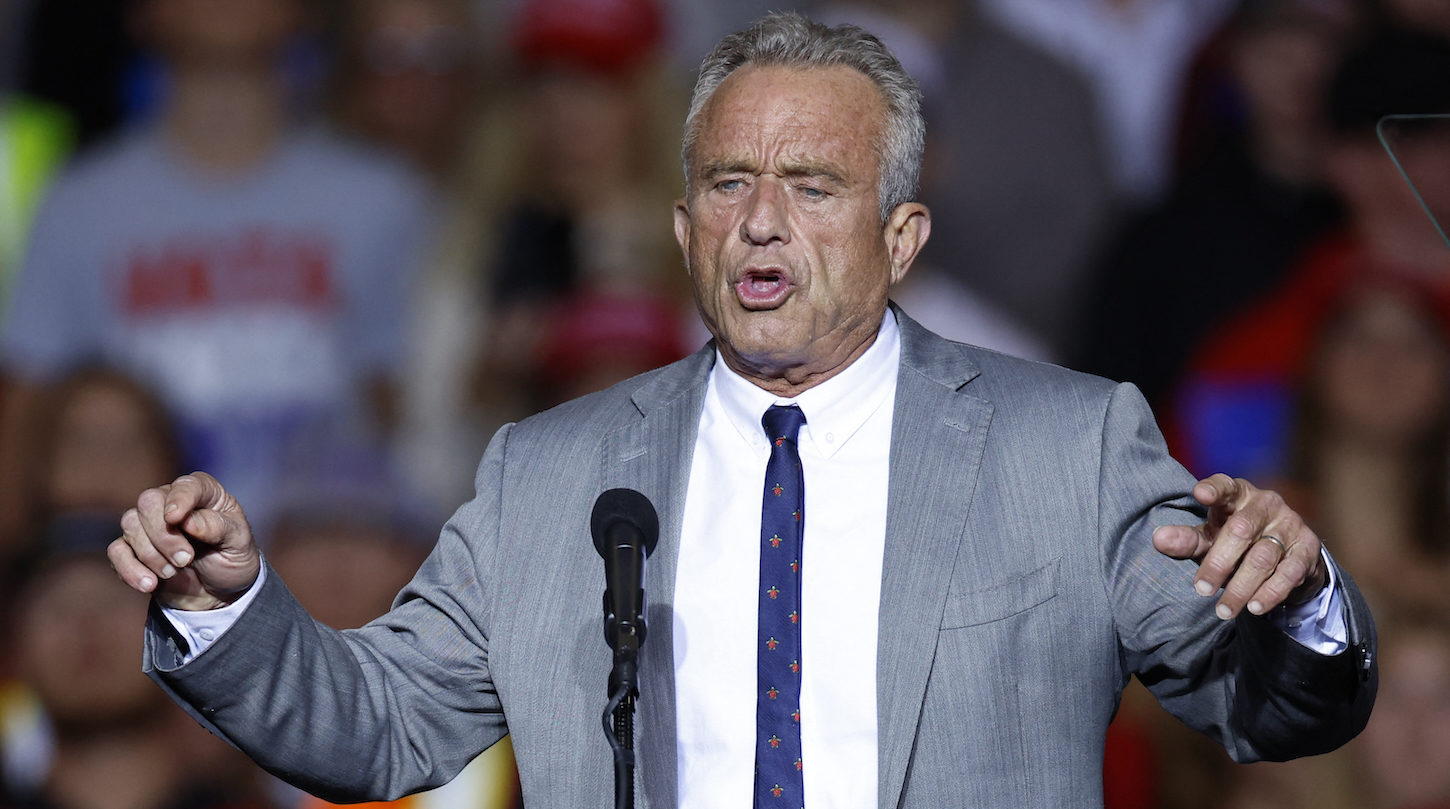Tony La Russa will not be fired as Chicago White Sox manager for catching a DUI charge the day before the announcement of his hiring. The man who hired him is Jerry Reinsdorf, who is already committed, and he is also the guy who gets to tell everyone else what's what.
But Reinsdorf also didn't hire La Russa to be embarrassed, which is the position in which La Russa has now placed him. And that, changing times or no, has never been tolerable to people in power.
La Russa was allegedly driving while drunk near Phoenix Sky Harbor International Airport on Feb. 24. According to an affidavit filed by the Arizona Department of Public Safety, La Russa was found by an officer standing beside an SUV that had hit a curb. La Russa told the arresting office that he had hit something and had a tire blow out, according to the affidavit. The officer said he smelled liquor on La Russa’s breath, and after he refused to submit to a breath test, the officer obtained a search warrant to take two tubes of La Russa's blood, a common procedure for DUI cases in the state. The blood testing allegedly showed La Russa over the .08 BAC legal limit. After a field sobriety test, La Russa was taken into custody, and in the officer's affidavit was described as "argumentative."
Because La Russa’s prior DUI, in 2007 in Jupiter, Fla., was more than seven years ago, this would not count as a second offense under Arizona law. But both will be remembered and brought up as often as the decision to hire him is re-litigated in public. The criticisms of La Russa’s hiring by the White Sox covered the gamut from age, to being behind the times socially and politically, to being too long out of the game as a manager (he worked as a consultant with Arizona, Boston and the Los Angeles Angels since 2011), and to being the beneficiary of knowing the boss (Reinsdorf basically hijacked the process and hired La Russa over the heads of his baseball department).
In other words, despite his résumé and maybe to an extent because of it, La Russa's hiring has not gone over particularly well. Indeed, the words "balloon" and "lead" have been mentioned, and in close conjunction.
But Reinsdorf was OK with all that. For all we know, he might be OK with this as well. Getting rich folks to cop to potential errors is always a dodgy plan fraught with more expectations than successes. It is, however, one extra thing Reinsdorf will have to deal with, even if, as is his wont, he does not engage publicly on the issue. La Russa will have to deal with it, early and often, which means that it will lap at Reinsdorf's gates as well.
In sum, this is the one thing that can least be explained away with citations from baseballreference.com. Whether or not this results in a sobriety program or other avenues to address La Russa’s problem is not yet determined, but the initial report is all that many people unsettled by his hiring will recall and wield. It certainly reduces his ability to withstand losing streaks and arguments with players, because nothing says a pink slip quite like vulnerability. He is now working at a considerable disadvantage (even though the White Sox claim to have known about the incident before announcing his hiring), and worse, so is the man who brought him back. And unlike the other criticisms surrounding his return to the dugout, this one will last until he leaves, and then be used against him when he leaves.





